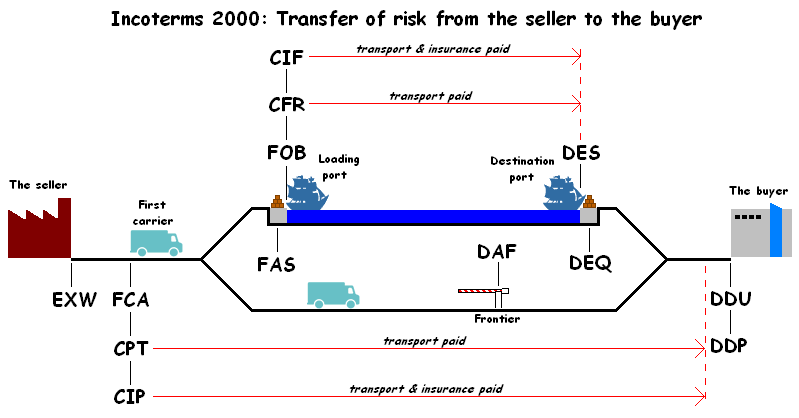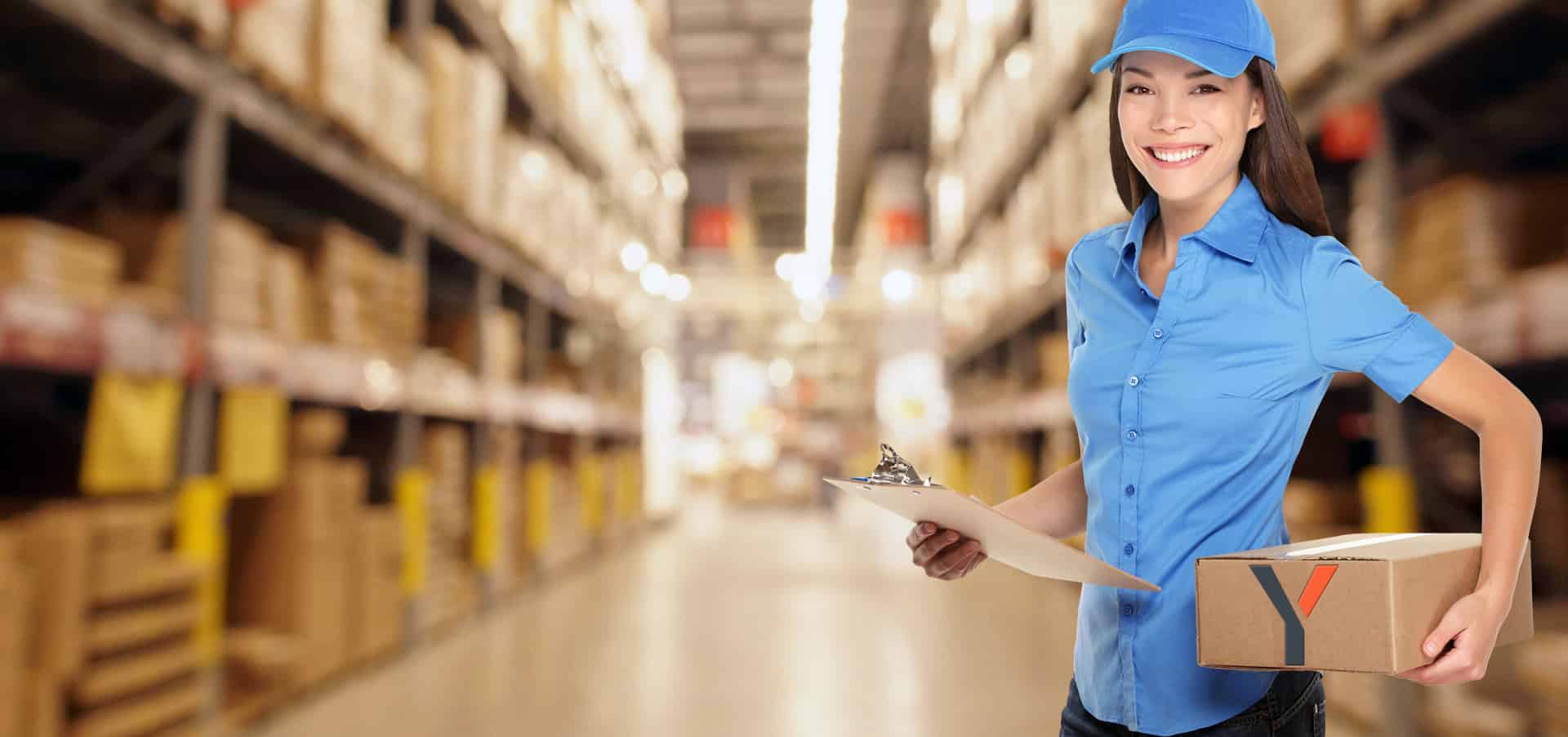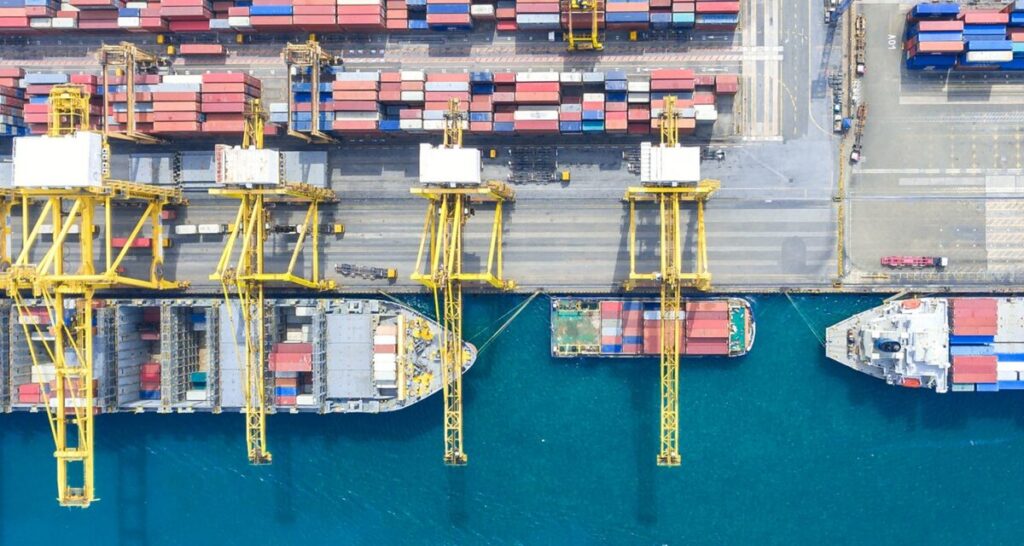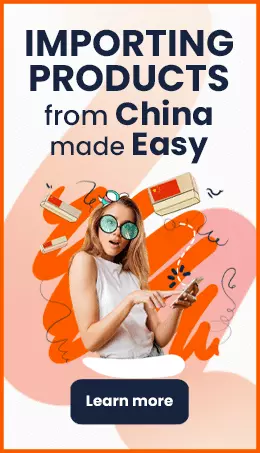The abbreviation EXW indicates a contractual clause commonly used in international sales. This is one of the commercial conditions developed by the International Chamber of Commerce (ICC) that are recognized worldwide and are known as Incoterms.
What are Inconterms
Incoterms (contraction of international commercial terms) are used in imports and exports to uniquely define, and without falling into error, the rights and duties of the parties involved in the transfer of goods from one country to another.
The following are also defined between seller and buyer:
- the breakdown of transport costs,
- Insurance coverage
- The Customs
The definition of these terms is very important because it establishes when the ownership of the goods passes from one subject to another and the respective responsibilities for any losses, damages and costs of the goods in question.
——————————————————
For more information on the subject read also the article: What are Incoterms
——————————————————-
Ex Works: what is meant by EXW

Ex Works: what is meant by EXW
Ex Fabbrica or Ex Works, abbreviated with EXW, in the context of incoterms belongs to the group called E that comes from “ex”, meaning “departure”. The abbreviation EXW, which must in any case be completed by indicating the specific address of a location, refers to a shipment called “door to door”, from door to door.
According to this agreement, the seller organizes the transport of the goods from the seller’s door to the destination door (door to door); specifically:
- the seller’s task is to make the goods available on an agreed date within its factory or warehouse, accompanied by the necessary documentation for export from the country of origin;
- the buyer’s task is to take care of customs in both the country of origin and the final country, arrange transport and pay the costs, and therefore assume all responsibilities and risks up to the destination.
The EXW in Incoterms 2020
The Incoterms from their creation onwards have been modified several times, specifically the last modification dates back to 2020, so below we report the meanings of EXW and fob with regard to the new 2020 rules.
EXW: Ex-Work represents the minimum level of responsibility on the part of the seller and for this reason the Italian Chamber of Commerce recommends it only in domestic sales.
For the EXW the seller must simply make the goods available, within a certain date, as requested and in the quantity requested by delivering the commercial documents.
In addition, if the goods are to be exported to another country, the seller is obliged to produce the licences and all export documents to be presented to the customs office of exit.
The seller must also specify how the goods should be transported, if fragile etc., but his responsibilities end here, everything else is in the hands of the buyer.
In contrast to the seller, the sale is not insured, the buyer has no obligation to collect the goods and can decide never to do so without penalties. For this reason, in many contracts a notice clause is placed within which the goods ordered can no longer be refused to be picked up.
This term does not include any type of compulsory insurance, but the buyer can still decide to insure it on his own.
The Expedition
The fob, short for Free On Board, is instead a shipment called “port to door”, that is, from the port of embarkation to the port of delivery and is only valid for shipments by sea.
The fob conditions require the supplier to assume responsibility for all local costs, transport of goods, cargo handling, customs in the country of origin. If you choose this type of shipment you must then find a freight forwarder who takes responsibility for the goods and transports them after they have been shipped or flown: this is because at the time they are in transit, in flight or at sea, the responsibility for the goods has passed from the supplier to you. If you purchase goods with fob conditions, the supplier will include local expenses in the price of the goods and may also include additional costs to avoid the risk of any money loss.
Fob in Incoterms 2020
On the website of the Italian Chamber of Commerce we read “the seller delivers by placing the goods on board the ship designated by the buyer […]. The risk of loss or damage to the goods passes when the goods are on board the ship and the buyer bears all costs from that moment on. The seller must deliver the goods on board the ship or procure the goods already delivered for shipment. The reference to “procure” here refers to so-called multiple chain sales. Fob requires the seller, if applicable, to clear the goods on export. 2.
With this Incoterms the seller must take the goods to an agreed port by a certain date and takes responsibility for the expenses and the risk of loading. The seller’s liability only ceases when the goods are on board the ship and are delivered to a Freight Forwarder.
The Seller must produce both the production and export documents and his task is completed only when he receives the maritime bill of lading.
Again, there is no insurance obligation, but the buyer, if he wishes to have one, can do so at his own expense.
Differences and advantages between Ex Works and FOB
Goods purchased at EXW conditions generally have a cheaper cost so in some cases it can be an advantage for those who decide to buy wholesale from China. However, the issue changes if transport costs increase, nullifying the savings on the cost of goods. If you choose this type of shipment, it is true that you can pay less and save on the total cost, but you assume all the responsibilities of shipping, customs clearance, you must make sure that the supplier has the necessary authorizations for export and you must finally find a shipper who offers an Ex Works service.
On the other hand, although fob shipping may appear less advantageous than the EXW condition the reality might be different. The price estimated by the supplier to deliver the goods to the port of departure could in fact be lower than that of the freight forwarder; customs clearance and therefore the export documents are then charged to the supplier making the process simpler. However, things could go wrong in the event that the supplier refuses to pay the local expenses as agreed or calculates additional expenses that can raise the previously agreed cost.
Which one is better? EX Works or Free On Board ?

To decide which incoterm to choose, you need to examine advantages and disadvantages with reference to your specific case, namely:
- calculate the total cost of shipping, meaning the cost of the goods when they arrive at your door;
- also considers the cost of transportation, insurance coverage, and the amount of taxes;
- evaluate whether all these charges should be calculated in reference to your shipment or some items may not be calculated under other agreed Incoterms.
- compare how much the same shipment would cost at EXW or fob conditions and choose the one that suits you best.
Here is an example of expenses to consider:
- The cost to transport a container at full load can vary greatly depending on the distance between warehouse and port. Most Chinese exporting producers have warehouses located on the east coast, from where the ports are three to four hours away.
- In the event that Hai Guan, i.e. the Chinese customs authorities, find goods without the necessary documentation for export, they could commission a fine from the supplier of thousands of RMB. If you buy under the terms of the EXW you can buy the documents for customs clearance from an authorized freight forwarder or an exporter.
- Transport costs, i.e. from the port of loading to the port of destination, can be high, with reduced local costs or vice versa, but with high local costs. A full-load container generally has high transport costs, but the distance it must travel must also be considered. If the container is partially loaded, local costs can still be very high.
- Goods insurance must be done because many suppliers use cheap and cheap packaging. The cost of insurance is about 0.02% of 100% of the cost of the Franc on board.
- Purchasers have to pay additional costs such as the delivery of the bill of lading, the goods bill, the commercial invoice, forms and various certificates.
- Local rates in the port of destination can be very high. When calculating expenses on a full-load container, these are calculated on the single container and not on the cubic meters. In the case of partially loaded containers, local tariffs are calculated on the basis of volume and are determined in cubic metres. Based on these calculations, the price can rise considerably so much that sometimes shipping with partial cargo containers can be as expensive as shipping with full cargo containers, which offers a total volume of 29 cubic meters.
Importing from China with Yakkyofy is easy

As you will have understood, there are many factors to consider and the variables that can determine the success of a sale from China. If you do not know how to do it, you can contact an Italian partner with decades of experience in the sector.
You can go to Yakkyofy.
Yakkyofy offers a turnkey service ranging from finding the Chinese supplier to home delivery at your company.
We can handle that.
- Supplier research
- collective
- quality control of the goods
- Document control
- Shipping
- customs-clearance
- Home delivery
Thanks to the Yakkyofy team you won’t have to worry about anything, you just have to decide what you want to buy. No customs problems, documents or shipments, no additional costs compared to those agreed: with Yakkyofy you can buy from China with peace of mind.






